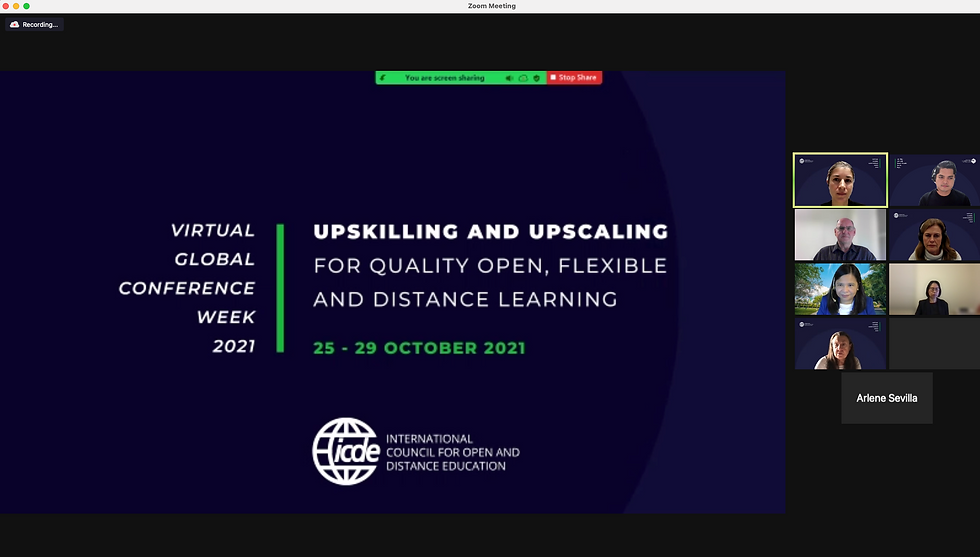Kinect camera sensor-based pointing motion and magnification function: ARETL, France 2021
- Von Ralph Dane Marquez Herbuela

- May 17, 2021
- 2 min read

The sudden shift of schools to distance learning due to the COVID-19 pandemic has also impacted those hospitalized children with severe medical, physical, or neurological conditions. We developed a system that enables children to attend classes using an alter-ego robot that let them virtually experience an actual classroom environment. However, due to inability of existing camera and monitors to automatically adjust and magnify pivotal information that teachers present, another challenge is to draw children’s attention and increase or maintain their concentration and focus during remote classes. Thus, we proposed and developed a system that automatically magnifies the view around where a pointing motion is detected. In this study, we described the design of our proposed camera-sensor based pointing motion recognition with magnification function system using Kinect which consists of an RGB (colour) camera, an IR (infrared) camera, an emitter-based Depth sensor, and four microphone arrays. We also conducted multiple experiments to extract pointing motions and evaluate the ability of the system to detect them using different parameters such as magnification rate, change-of-position tracking rate, and reset-position rate which were consequently used for Semantic Differential analysis. The optimal conditions and algorithms (e.g. upper body limb positioning, camera-blackboard-body distance and height measurements, color dimensions, user-monitor distance etc.) were also investigated for system stability.
Our study entitled "Kinect camera sensor-based pointing motion recognition with magnification function to increase concentration among children during remote classes" was recently presented in the 4th International conference on Advanced Research in Education, Teaching and Learning – (ARETL) which was held in Paris, France from 14th – 16th December 2021. This engaging education and learning conference covered the latest developments in the field and answer common issues, including special education, education policy and leadership, learning psychology, assessment and evaluation, machine learning, inductive reasoning, and 120 other topics.




















Comments